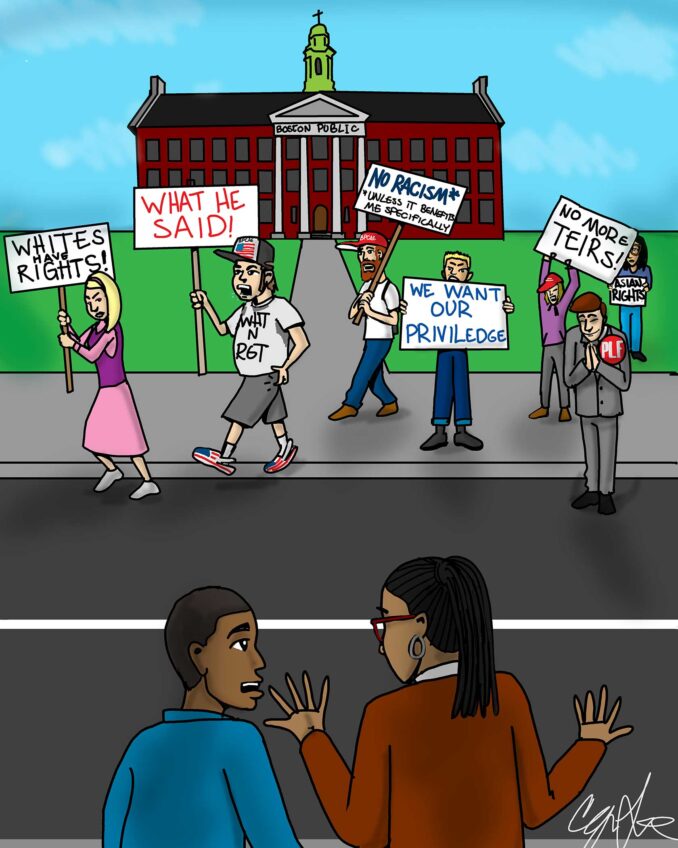The death of Vernon Jordan reminds us that during the Civil Rights Movement, it was not uncommon for young Blacks to assume major leadership positions. As a young lawyer, Jordan became the national CEO of the National Urban League when he was only 36. After a term in office, he went on to practice law as a member of the nation’s power structure. One wonders whether the requirements for leadership have become even more demanding.
Martin Luther King Jr. left Boston University after acquiring a doctorate in 1955 and at the age of 26 he joined the Montgomery Bus Boycott, where his unique skills were quickly recognized. By 1964, he was awarded the Nobel Peace Prize.
Malcolm X left Boston after a conflict with the judicial system when he was 27. Elijah Muhammad of the Nation of Islam enabled Malcolm to represent the Nation from the New York Mosque. During this period, John Lewis, at the age of 23 became the chairman of SNCC, the Student Nonviolent Coordinating Committee.
It is worthy to note that those leadership positions were very dangerous. Both Martin Luther King and Malcolm X were assassinated at the age of 39. There was an attempted assassination of Vernon Jordan by an armed assailant in Fort Wayne, Indiana, in 1980, when Jordan was 45.
John Lewis escaped with his life, but he was battered by a police officer as he crossed the Edmund Pettus Bridge in Selma on “Bloody Sunday,” March 7, 1965. We now know that the sacrifice of those who dared to defy the local police on “Bloody Sunday” induced President Lyndon Baines Johnson to introduce the Voting Rights Act on March 15, 1965.
With his commitment to nonviolence, at the age of 36, John Lewis was replaced as SNCC chairman in May 1966 by 25-year-old Stokely Carmichael when the organization wanted to become more militant. Lewis then turned to politics and was elected to Congress from Georgia, serving from 1987 until his death in 2020. At 47 years of age when he became a congressman, Lewis was no longer a youthful leader.
Now there are no young Black leaders with a national audience. One reason for this might be that American youth culture becomes dated so quickly. The Baby Boomer heroes of the Civil Rights Movement quickly aged out to Generation X and they were replaced by early millennials. In fact, many members of one generation feel alien to those who came before them, and they are often befuddled by those in the next group.
Vernon Jordan undoubtedly represented the end of an era.






